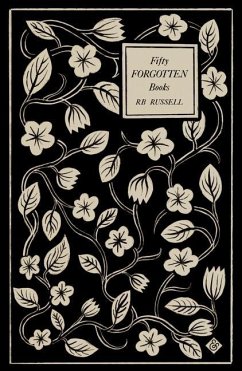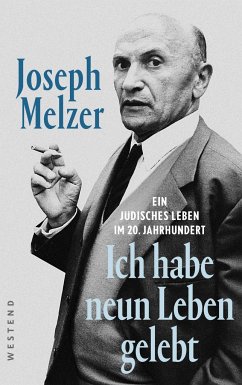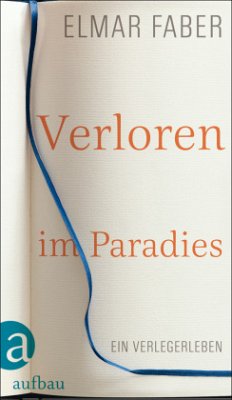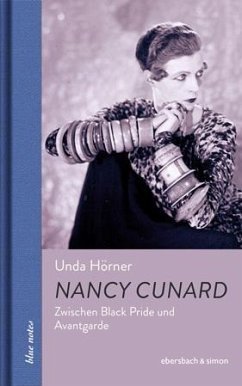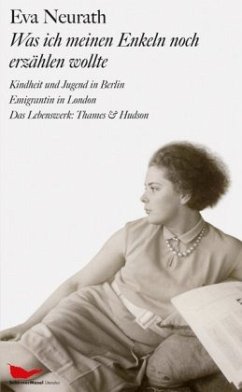Nicht lieferbar
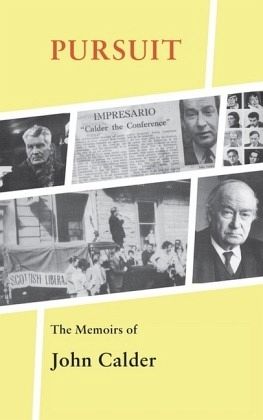
Pursuit: The Memoirs of John Calder
The uncensored memoirs of John Calder
Versandkostenfrei!
Nicht lieferbar
"Publish and be damned", Wellington's famous adage, runs like a leitmotiv through John Calder's memoirs. He has been damned by a censorious press, by politicians, by other publishers and by organs of the state for publishing books on sensitive issues. Damned also for publishing such authors as Henry Miller, William Burroughs, Alexander Trocchi and Hubert Selby Jr, as well as for bringing to public notice the abuses of the armies and security forces of colonial countries. He took on American authors who could not be published in the United States during the McCarthy witch-hunt. He exposed the a...
"Publish and be damned", Wellington's famous adage, runs like a leitmotiv through John Calder's memoirs. He has been damned by a censorious press, by politicians, by other publishers and by organs of the state for publishing books on sensitive issues. Damned also for publishing such authors as Henry Miller, William Burroughs, Alexander Trocchi and Hubert Selby Jr, as well as for bringing to public notice the abuses of the armies and security forces of colonial countries. He took on American authors who could not be published in the United States during the McCarthy witch-hunt. He exposed the atrocities of the Algerian and other African wars, and produced many books on British political, social and moral issues, which only a totally independent publisher could have done.
Born into the most conservative of establishment families, John Calder has always gone his own way - seeking out literary genius and creating a greater awareness of the world we inhabit. His publishing programme contained a large proportion of the leading writers of the twentieth century, including Samuel Beckett, Eugène Ionesco, Luigi Pirandello, Alain Robbe-Grillet, Marguerite Duras, Heinrich Böll and such British authors as Howard Barker, Edward Bond, Steven Berkoff and Ann Quin. Anecdotes abound in these memoirs about Bertrand Russell, Alger Hiss, Graham Greene, J.B. Priestley, Jo Grimond and dozens of others whom the author encountered in his activities, both within and outside of publishing. This book is too outspoken to make many friends, but it will open eyes and upset apple carts. Never a saint, Calder is as frank about his own failings as of those of others.
Born into the most conservative of establishment families, John Calder has always gone his own way - seeking out literary genius and creating a greater awareness of the world we inhabit. His publishing programme contained a large proportion of the leading writers of the twentieth century, including Samuel Beckett, Eugène Ionesco, Luigi Pirandello, Alain Robbe-Grillet, Marguerite Duras, Heinrich Böll and such British authors as Howard Barker, Edward Bond, Steven Berkoff and Ann Quin. Anecdotes abound in these memoirs about Bertrand Russell, Alger Hiss, Graham Greene, J.B. Priestley, Jo Grimond and dozens of others whom the author encountered in his activities, both within and outside of publishing. This book is too outspoken to make many friends, but it will open eyes and upset apple carts. Never a saint, Calder is as frank about his own failings as of those of others.





